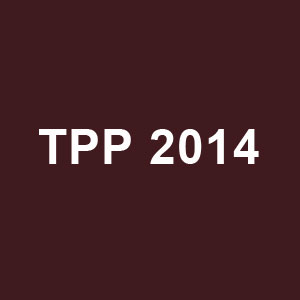Slain by the theatre: philosophical encounters with metatheatrical corpses
“Theatre, Performance, Philosophy” – the list that forms the title of this conference suggests an equilibrium between the three concepts that is far from stable. In fact, to think these three terms together is to posit their relationship as either hierarchical, genealogical or rhizeomatic. In the context of performance philosophy as an emerging interdisciplinary field of inquiry, theatre functions as a haunting third term that demands further situating. Given the historical tension between dramatic theatre and performance, I want to explore the trajectory of philosophy – theatre – theatricality in order to renegotiate their relationship to the more dominant notions of performance and performativity. My paper traces metatheatrical acts of doubling from Shakespeare to René Pollesch in order to recontextualize dramatic theatre’s potential for philosophical inquiry beyond mere self-reflexivity and subjectivity. Understood as a dramatic and theatrical technique not a genre, metatheatre’s focus lies not on the embodiment of thought. It destabilizes the body on stage. Metatheatre’s bodies end up as corpses. Its relationship to the body evokes Derrida’s reading of the ghost of Hamlet’s father as “a carnal form of spirit” stages flesh as fleeting rather than fundamental. Metatheatre moves beyond the corporeal to posit an idea of theatre as a contractual constellation, a space rather than a set of bodies through which philosophical thought is made possible.
Ramona Mosse is a Lecturer in Theatre Studies at the Free University Berlin and former fellow of the Free University’s International Research Center for Interweaving Performance Cultures. Ramona has been trained in the U.K. and U.S. and holds a PhD in English and Comparative Literature from Columbia University. She is the co‐editor of Erika Fischer-Lichte’s The Routledge Introduction to Theatre and Performance Studies. In the book manuscript she is currently working on, she traces the theoretical and theatrical encounters of tragedy and utopia in Cold War culture.

